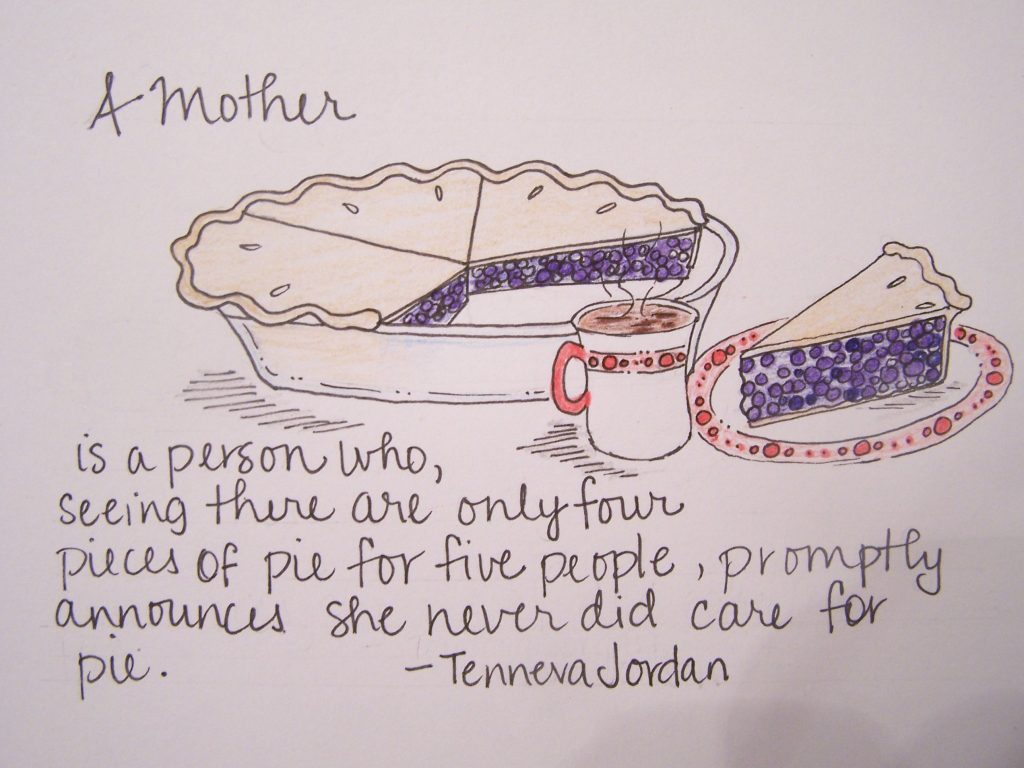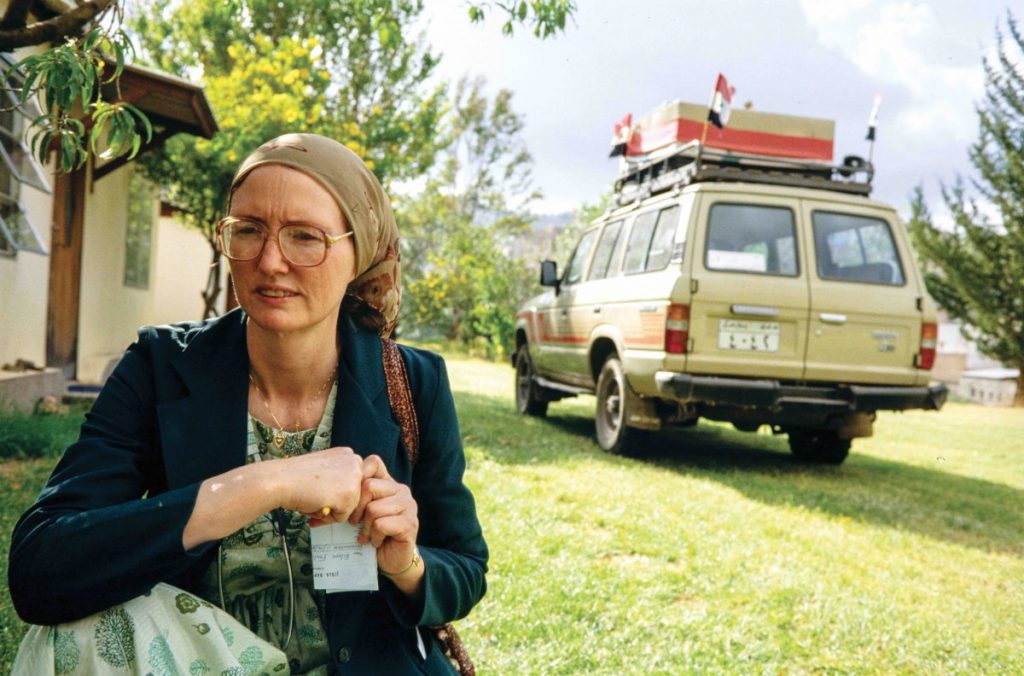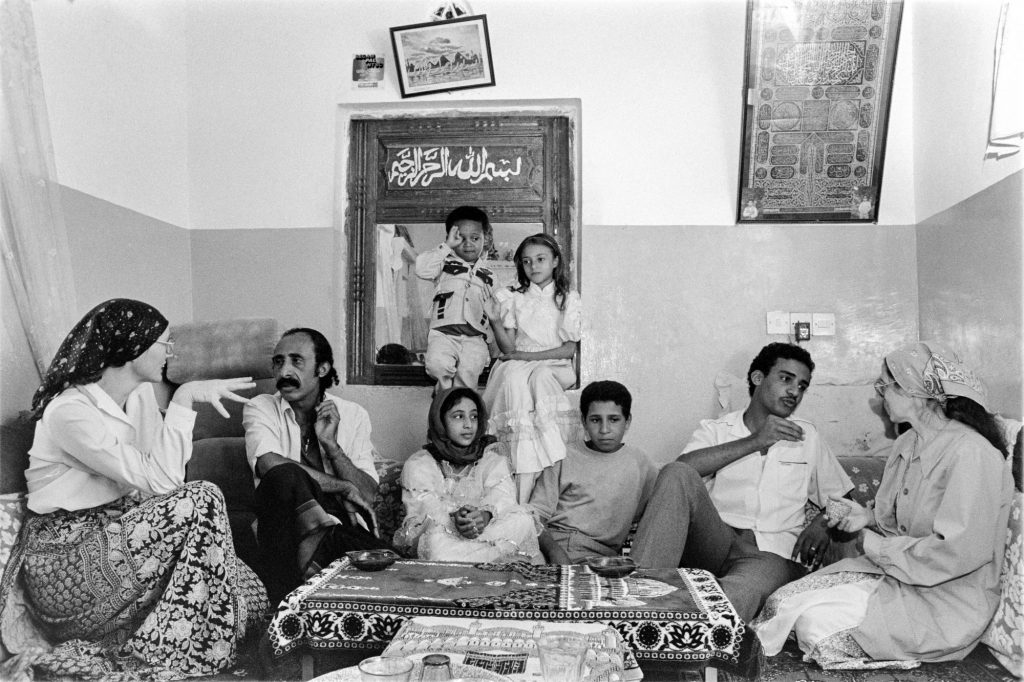It’s Important to Know Who You’re Talking to and Speak Their Language
This past Sunday was Mother’s Day. Too often we take our mothers for granted. We are used to them taking care of us and loving us even with all our flaws.
A mother was working late one day, and her husband and daughter decided they would clean the kitchen for her before she got home. They washed the dishes and put them away. They cleaned the table and the counter. They swept and mopped the floor. They had the kitchen looking great and were excited.

When the mom got home, she came in through the kitchen. She took off her coat and hung it over the back of a chair and sat her purse on the table. She went into the living room and sat down and turned on the TV. The husband and daughter stood there waiting for a compliment.
After a while they asked her what she thought about them cleaning the kitchen. She looked at them and said, “It’s a thankless job, isn’t it?”
Don’t forget to tell your mom thank you.
A backhanded compliment can be a little confusing.
A woman was greeted after singing a solo by a gentleman who said, “You sang that song well, and you didn’t sing too long.”
Or what about the man who was always getting reprimanded at work getting a comment from his supervisor, “You’re stinking less at this job all the time.”
We all speak such different languages. It’s hard to know how to take a backhanded compliment.
In Acts 17:16-31 Paul gave the Athenians a backhanded compliment. These people were searching for God but were trying to make Him fit their wants and desires, so Paul spoke to them in a language that they understood.
While Paul was waiting in Athens, he was upset to see all the idols in the city. 17 He went to the synagogue to speak to the Jews and to anyone who worshiped with them. Day after day he also spoke to everyone he met in the market. 18 Some of them were Epicureans and some were Stoics, and they started arguing with him.

People were asking, “What is this know-it-all trying to say?”
Some even said, “Paul must be preaching about foreign gods! That’s what he means when he talks about Jesus and about people rising from death.”
19 They brought Paul before a council called the Areopagus, and said, “Tell us what your new teaching is all about. 20 We have heard you say some strange things, and we want to know what you mean.”
21 More than anything else the people of Athens and the foreigners living there loved to hear and to talk about anything new. 22 So Paul stood up in front of the council and said:
People of Athens, I see that you are very religious.
23 As I was going through your city and looking at the things you worship, I found an altar with the words, “To an Unknown God.” You worship this God, but you don’t really know him. So, I want to tell you about him. 24 This God made the world and everything in it. He is Lord of heaven and earth, and he doesn’t live in temples built by human hands. 25 He doesn’t need help from anyone. He gives life, breath, and everything else to all people. 26 From one person God made all nations who live on earth, and he decided when and where every nation would be.
Some of the people who heard Paul made changes and put their faith in God. Just like the people in Athens, if we listen to backhanded compliments, discern the good from them, make the right choices and apply those changes…we’ll be better for it.
Too often we try to make God what we want Him to be. This isn’t how it works. God is God and we were made in His image…not the other way around.
Remember that we all speak different languages, and it’s important to find out the language someone else is speaking before we start talking. We also need to be careful how we complement each other.
Oh…Thank you Mom for all you’ve done and the love you’ve given me throughout my life.







